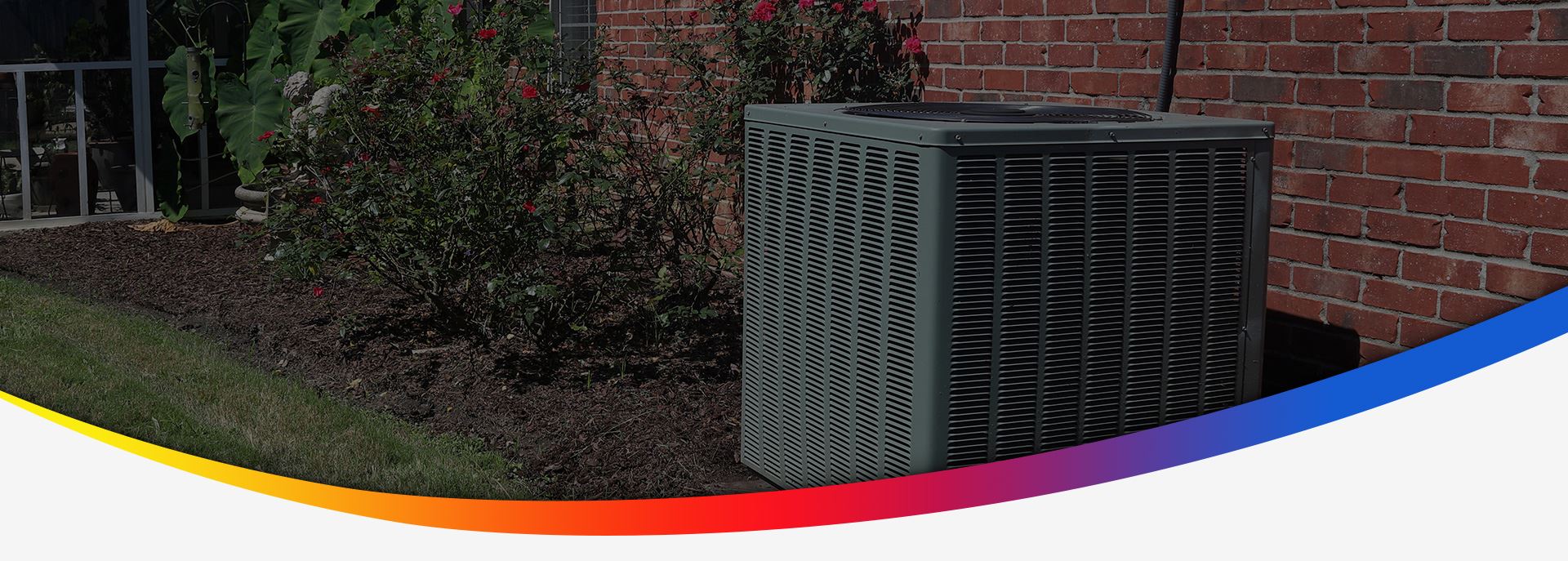Summer is here, and with it comes the need for air conditioning to keep your home cool and comfortable. But what if your AC isn't working as it should? Thankfully, there are some common AC problems that you can troubleshoot yourself before calling in the professionals. In this blog post, we'll cover five common issues and provide DIY tips to help you resolve them. We'll also discuss when it's time to call a pro for help.
1. Dirty or Clogged Air Filters
One of the most common AC problems is a dirty or clogged air filter. This can lead to reduced airflow and decreased efficiency, causing your system to work harder and use more energy. To resolve this issue, follow these steps:
- Turn off your AC unit
- Locate the air filter (usually near the return air duct or in the air handler)
- Remove the filter and inspect it for dirt and debris
- If it's dirty, replace it with a new one
- Turn your AC unit back on and monitor its performance
If this doesn't resolve the issue, it may be time to call a professional like AirMasters Air Conditioning & Heating to diagnose the problem.
2. Frozen Evaporator Coils
Frozen evaporator coils can also cause your AC unit to malfunction. This can be caused by a lack of airflow (due to a dirty air filter), low refrigerant levels, or a malfunctioning fan. To troubleshoot this issue:
- Turn off your AC unit and allow the coils to thaw
- Inspect the air filter and replace it if necessary
- Check the fan to ensure it's functioning properly
If the problem persists, you may need to call a professional to check your refrigerant levels and diagnose any other issues.
3. Thermostat Issues
Another common AC problem is a malfunctioning thermostat. This can cause your system to run continuously or not turn on at all. To troubleshoot this issue:
- Ensure your thermostat is set to "cool" and the temperature is set below the current room temperature
- Check the batteries and replace them if necessary
- Ensure the thermostat is properly calibrated (refer to your owner's manual for instructions)
If these steps don't resolve the issue, it may be time to call a pro to inspect your thermostat and AC system.
4. Tripped Circuit Breaker or Blown Fuse
If your AC unit isn't turning on at all, it may be due to a tripped circuit breaker or blown fuse. To troubleshoot this issue:
- Locate your home's electrical panel
- Find the circuit breaker or fuse associated with your AC unit
- If the breaker is tripped, reset it by flipping it to the "off" position and then back to the "on" position
- If the fuse is blown, replace it with a new one
If your AC unit continues to trip the breaker or blow fuses, it's time to call a professional to diagnose the problem.
5. Leaking Refrigerant
Leaking refrigerant can cause your AC unit to lose cooling power and efficiency. This issue should be addressed by a professional, as refrigerant can be harmful to the environment and requires specialized equipment to handle. If you suspect a refrigerant leak, call AirMasters Air Conditioning & Heating for assistance.
When to Call a Pro
While these DIY tips can help you troubleshoot some common AC problems, there are times when it's best to call a professional. If you're experiencing persistent issues, hearing strange noises from your AC unit, or suspect a refrigerant leak, don't hesitate to contact AirMasters Air Conditioning & Heating. Our team of experts can diagnose and resolve your AC problems, ensuring your home stays cool and comfortable all summer long.
